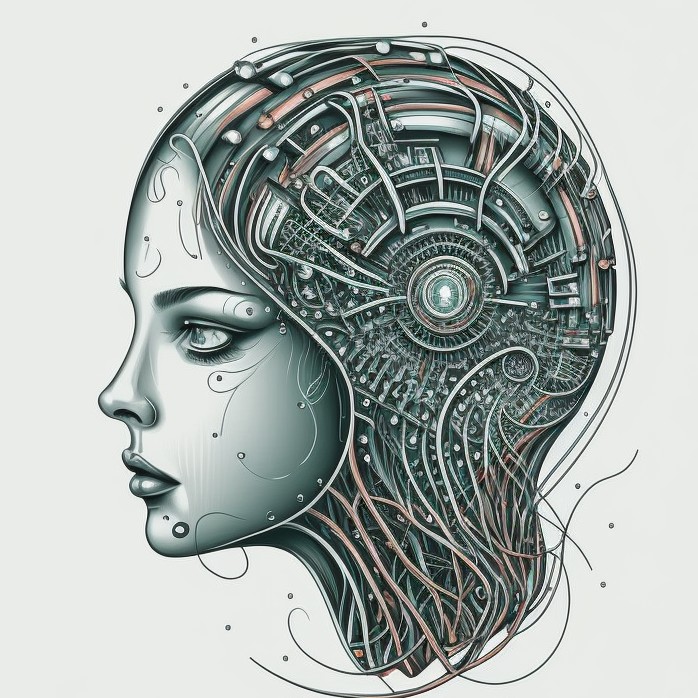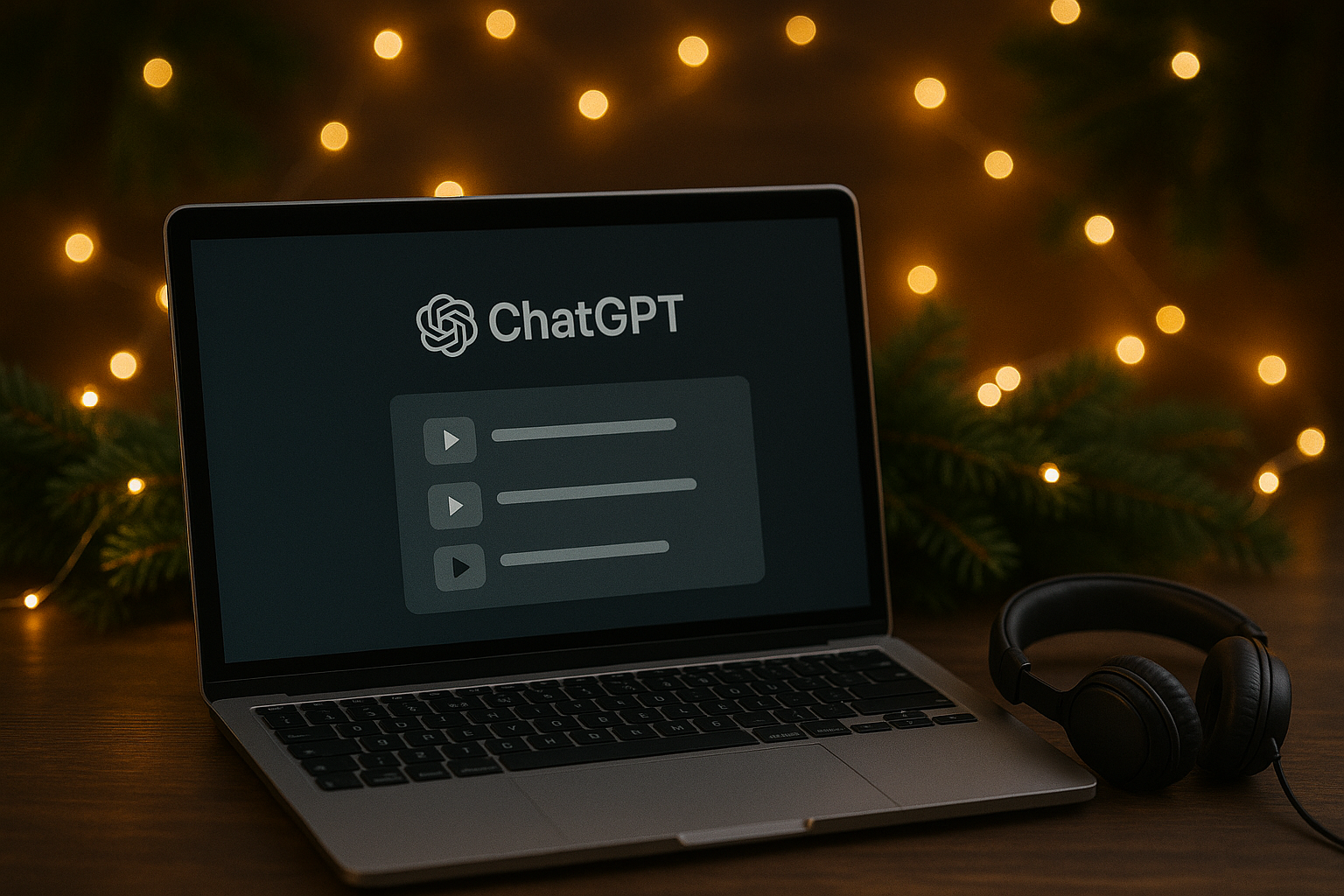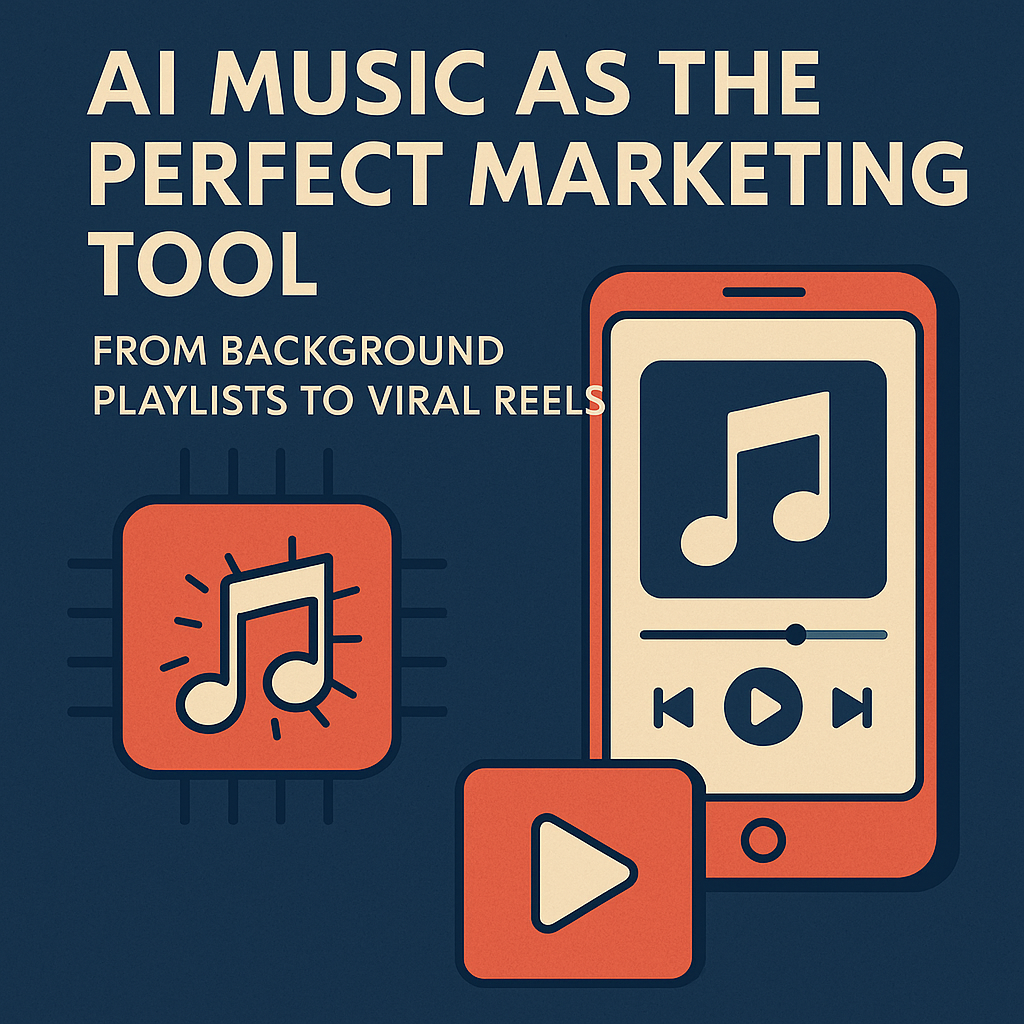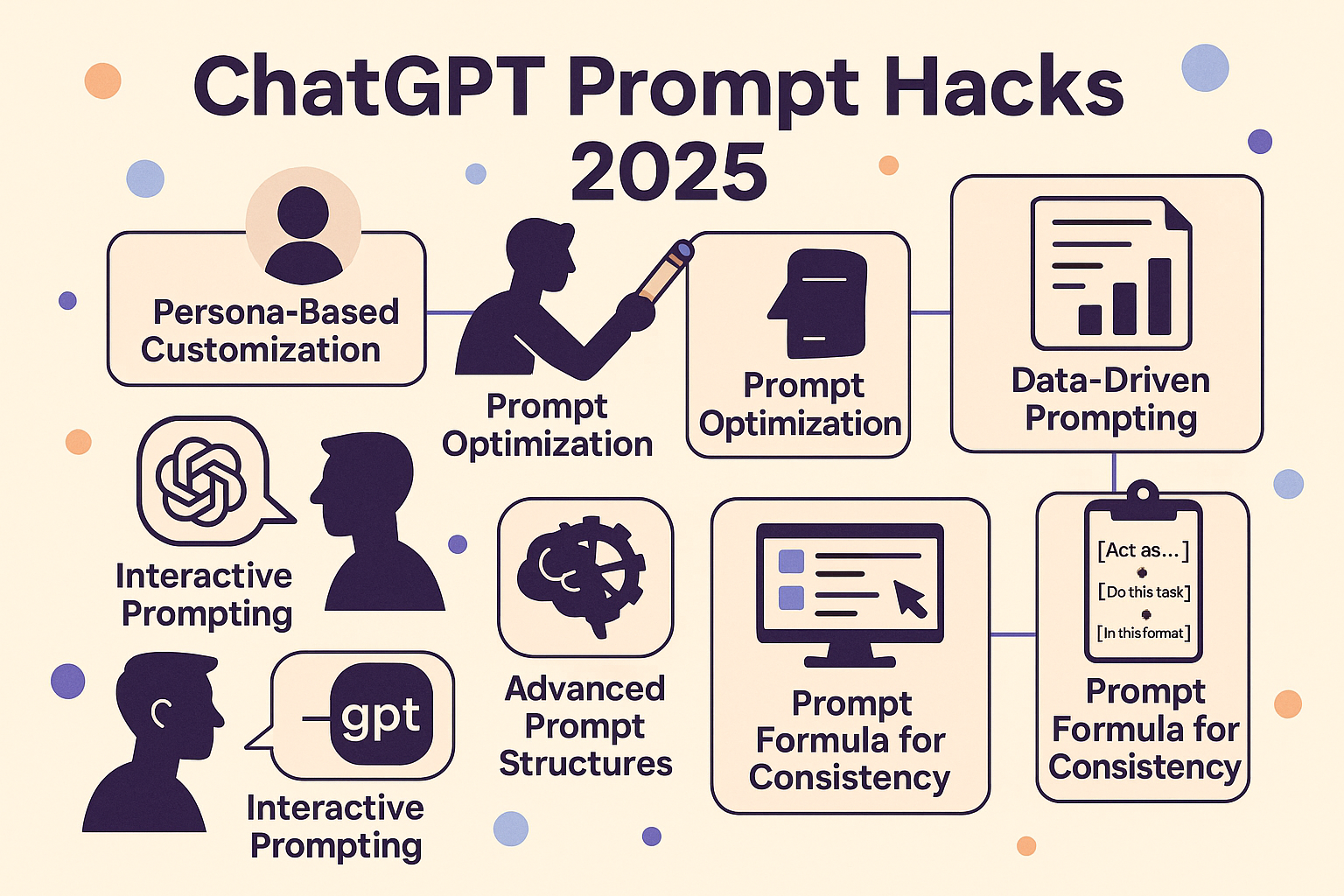Weekly ChatGPT Digest: New Rivals, Wikipedia Edits, and Therapeutic Applications
ChatGPT continues to make waves

This week in the world of ChatGPT, we've seen the landscape of AI becoming more competitive with the introduction of new rivals. Meanwhile, ChatGPT continues to make waves in various sectors, from editing Wikipedia articles to aiding in therapy sessions. Let's delve into the details.
Meta's Llama 2 Challenges ChatGPT
Meta, the company that owns Facebook and Instagram, has released the latest iteration of its large language model, dubbed Llama 2. This new tool is being positioned as a rival to OpenAI’s wildly popular ChatGPT. Interestingly, Meta has opted for an open-source approach, making Llama 2 freely available for research and commercial use. This move contrasts with the strategies of OpenAI and Google, which have kept their AI models proprietary. Read more
ChatGPT Completes Game of Thrones
In a fascinating display of AI creativity, a fan has used ChatGPT to write the ending of the popular Game of Thrones book series. The AI was able to generate a continuation of the story that aligns with the style and narrative of the original books, showcasing its potential in creative writing. Read more
ChatGPT Edits Wikipedia
ChatGPT has been put to work editing Wikipedia articles, demonstrating its potential in maintaining and updating the world's largest online encyclopedia. The AI has been trained to make minor edits and corrections, helping to keep Wikipedia's vast array of articles accurate and up-to-date. Read more
ChatGPT in Education
ChatGPT is making strides in the education sector, with several institutions leveraging the AI to aid in teaching and learning. The AI's ability to generate informative and engaging content is being used to supplement traditional teaching methods, providing students with a unique and interactive learning experience. Read more
ChatGPT in Therapy
The therapeutic potential of ChatGPT is being explored, with the AI being used to provide mental health support. While it can't replace human therapists, ChatGPT can offer immediate responses and non-judgmental interactions, making it a valuable tool in mental health care. Read more
Job Loss Due to ChatGPT
In a poignant Business Insider article, freelance copywriter Emily Hanley shares her experience of losing her job to ChatGPT. As clients opted for the AI over human copywriters, Hanley found herself out of work and warns that her profession's collapse might be just the tip of the AI iceberg. This story serves as a stark reminder of the potential disruptions AI can cause in the job market.
ChatGPT for Better Content Creation
ChatGPT is not just about replacing human effort but also enhancing it. A Forbes article provides seven prompts to use with ChatGPT to create better content. These prompts aim to make content more persuasive, informative, descriptive, humorous, action-oriented, emphatic, and concise. This approach shows how AI can be used as a tool to refine and improve our work, rather than just a replacement for human effort.
Conclusion
This week's news highlights the diverse impacts of ChatGPT, from job displacement to enhancing education and content creation. As we continue to navigate the AI era, these stories remind us of the importance of understanding and adapting to the changes brought about by such technologies.
In case you missed them, here are the articles we published last week on ChatGPT Prompts Hub:
Revolutionizing IoT with ChatGPT: A New Era of Smart Living
Illuminating Paths: A Tale of Building a Python App to Control Hue Lights with ChatGPT



